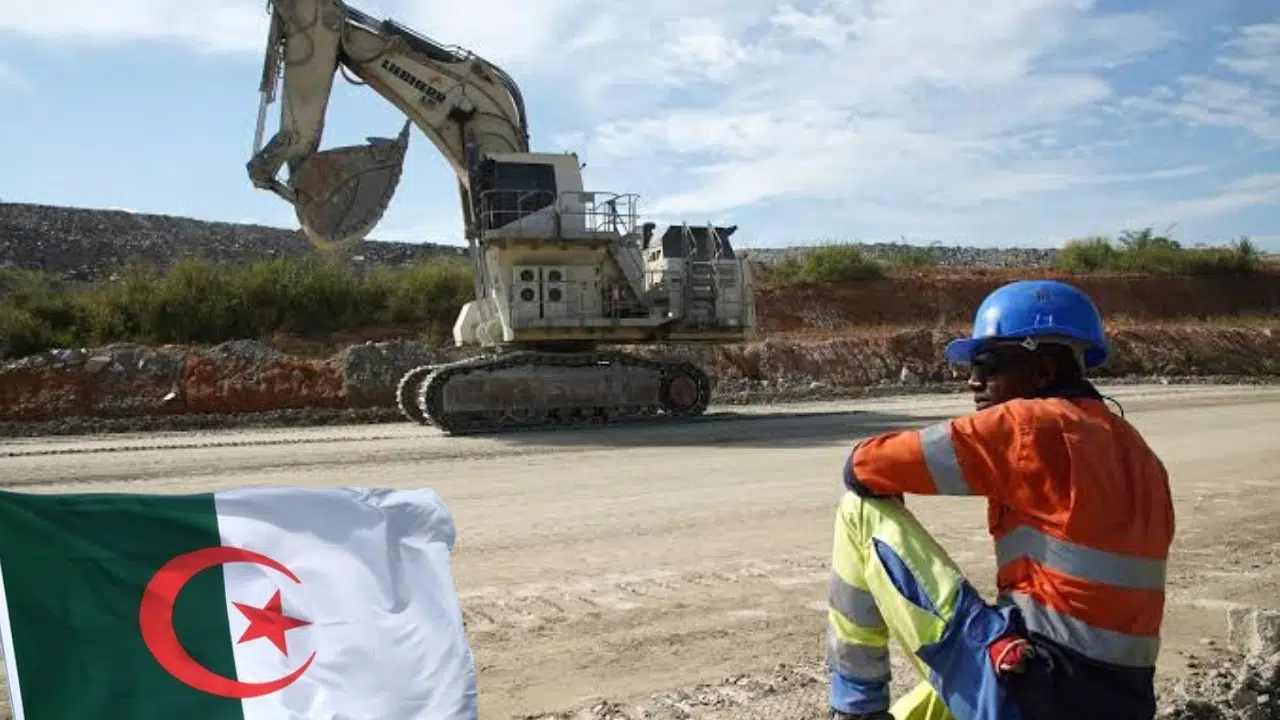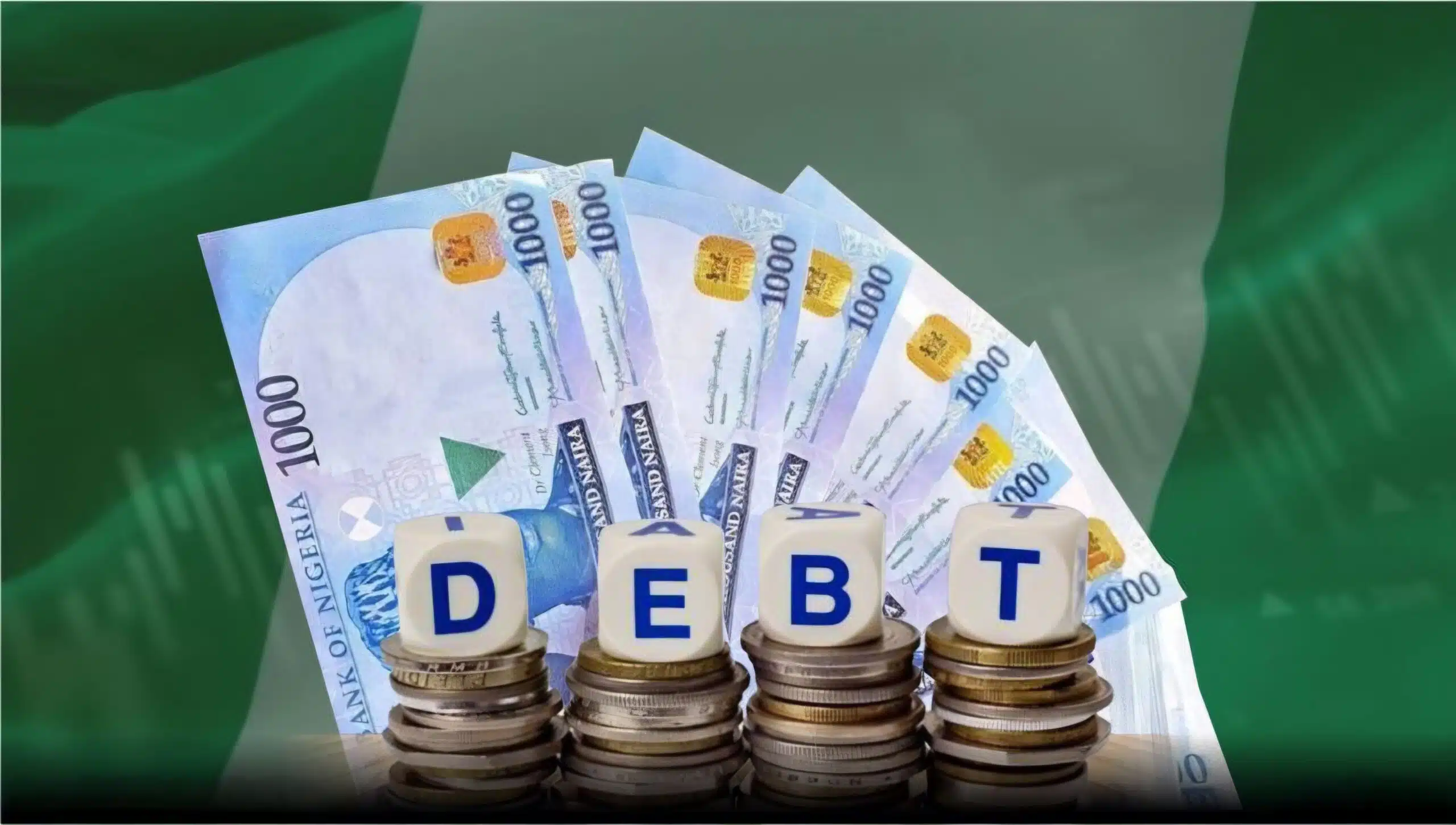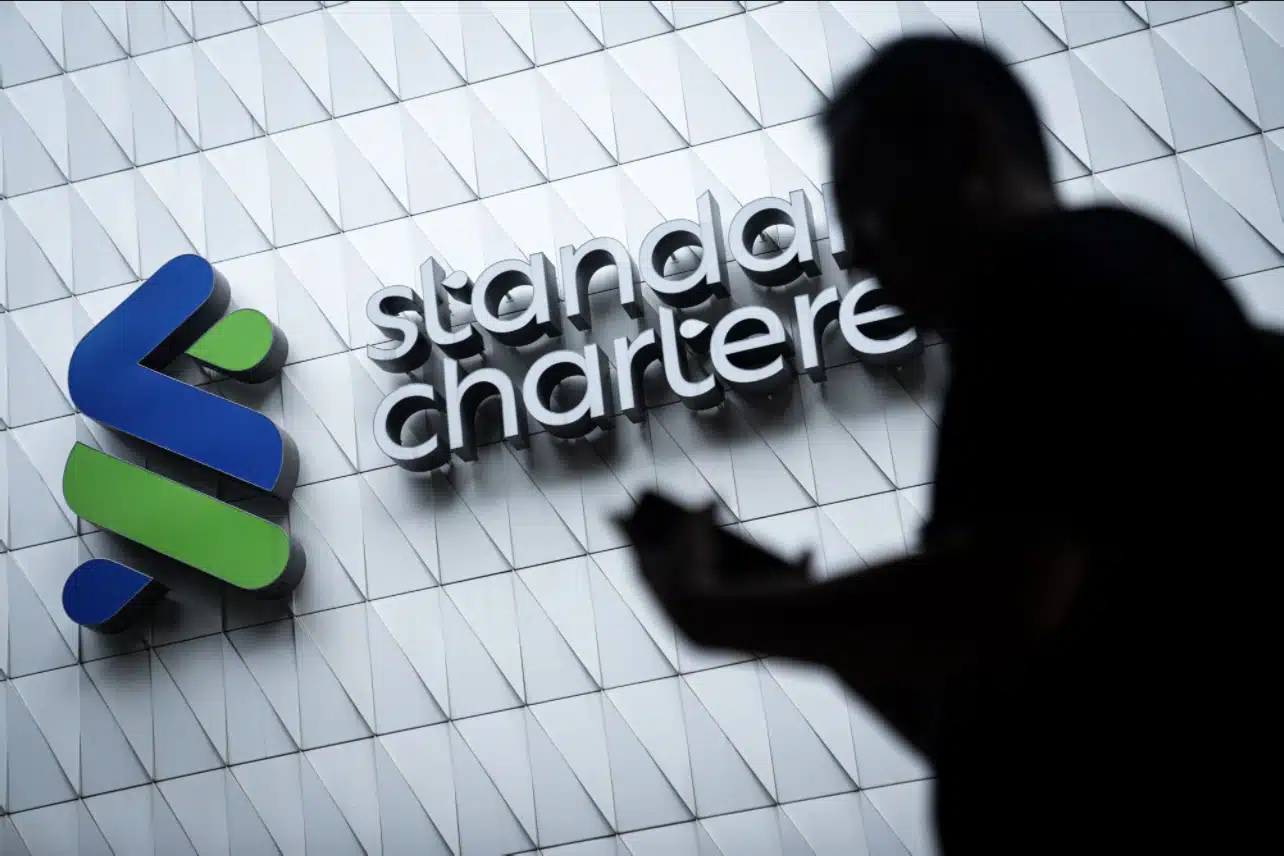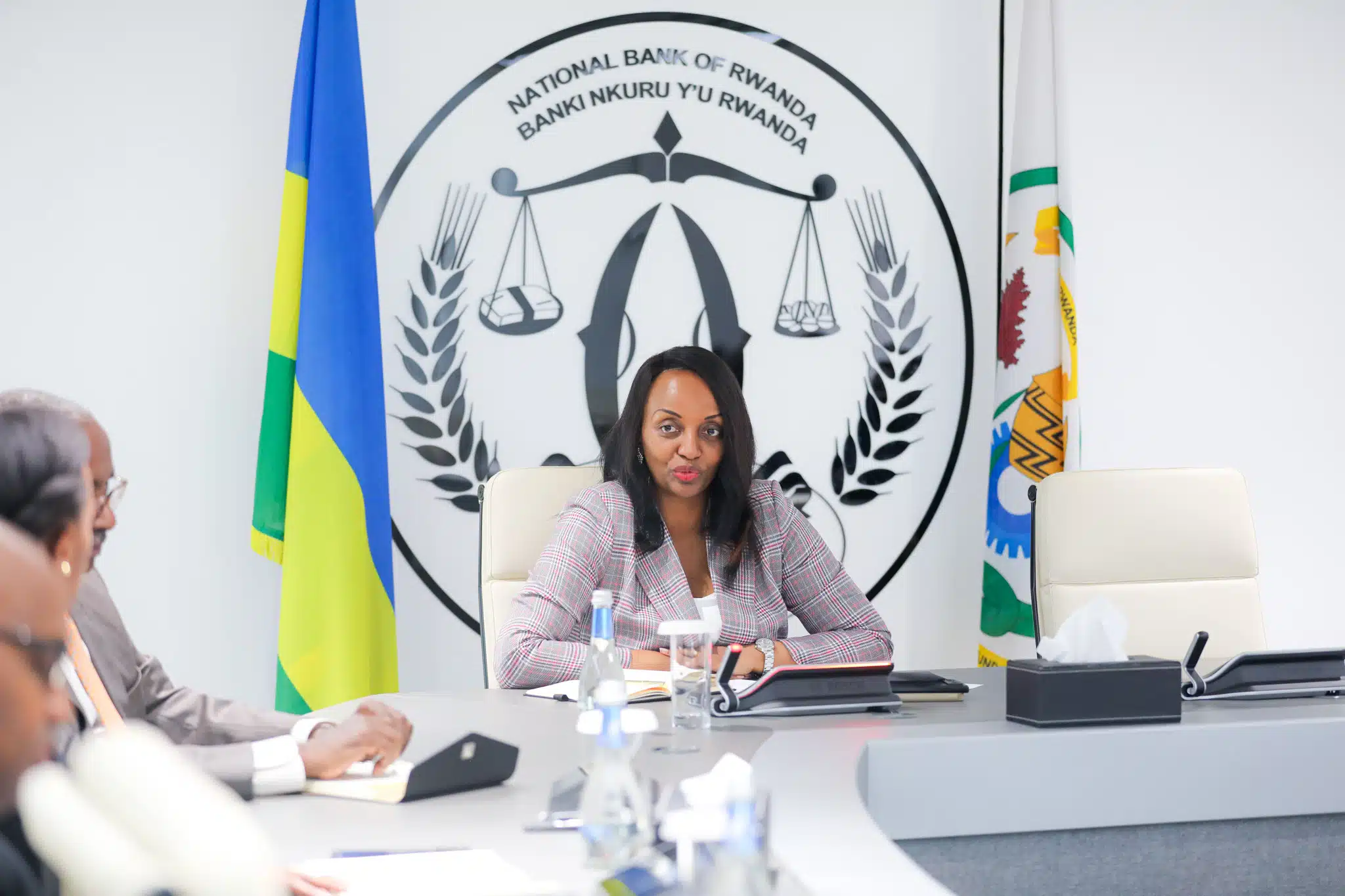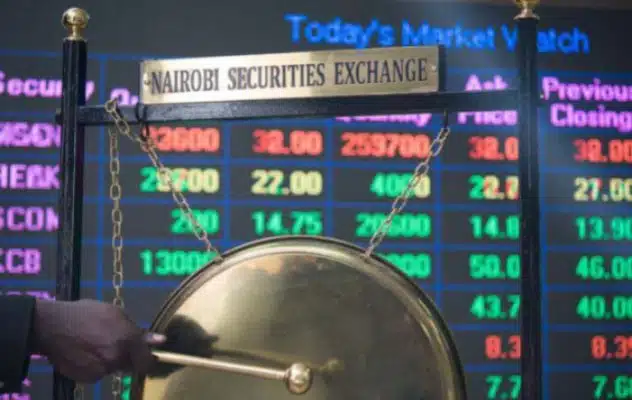Algeria’s parliament has passed legislation allowing foreign firms to own up to 80% of mining ventures, in a significant departure from the country’s long-standing protectionist stance and a move aimed at boosting non-oil revenues.
The measure, approved by a majority of lawmakers on Monday, marks a major overhaul of the northern African nation’s mining rules.
It replaces a 2014 law that capped foreign ownership at 49%, with the state required to hold a controlling stake in all extractive projects.
Authorities say the revised framework is designed to attract international investment, enhance domestic mineral production, and reduce the country’s dependence on costly imports, including steel and marble.
“There is a global strategic vision for the country to promote and transform high-value-added mining products,” said Belkacem Soltani, Chief Executive Officer of the national mining agency, in an interview in Algiers earlier in June.
Under the new law, companies will be able to secure a single mining permit valid for up to 30 years, covering both exploration and extraction, streamlining a process that previously required separate approvals.
It also provides for joint licenses between local and foreign entities to explore and exploit mineral resources.
The move is part of Algeria’s broader strategy to diversify away from hydrocarbons—namely, crude oil and natural gas, which together account for more than three-quarters of the country’s exports and about half of government revenues.
As a key natural gas supplier to Europe, Algeria has historically prioritised energy exports, but fluctuating global prices have exposed its vulnerability.
The International Monetary Fund, which forecasts 3.5% economic growth for Algeria this year, has repeatedly urged the government to expand its non-oil economy and create a more conducive environment for private capital.
Algeria is surrounded by resource-rich neighbours, including Morocco with its vast phosphate reserves and gold-producing Mali, but it has long lagged behind in mineral exports. Authorities say that is beginning to change.
The North African country is currently developing large deposits of phosphate, iron ore, lead and zinc.
In one of its most ambitious initiatives, the government plans to invest about $1.5 billion to exploit the Bled El Hadba and Djebal El Onk phosphate sites in the southwest, which together hold an estimated 4.7 billion tons of reserves.
Processing is expected to take place in the Kebrit region, with an additional $4 billion earmarked for refining facilities.
State energy giant Sonatrach SpA is involved in the phosphate mining project, which will primarily serve domestic fertiliser production. The initiative reflects a shift in government strategy toward vertically integrated projects that generate value beyond raw extraction.
Furthermore, officials say they will soon launch a tender inviting expressions of interest to mine roughly 58 tons of gold from the Tirek Amesmessa and Zita region.
Meanwhile, a recent lithium discovery in the country’s south has shown “potential,” though authorities caution that it is “not yet… identified in terms of grade and quantity of exploitable reserves,” according to Soltani.
The legislative change still requires approval from Algeria’s upper house, the Senate, but it rarely blocks bills passed by the lower chamber.
Despite years of pledges to diversify the economy, progress has been slow.
Attempts to boost tourism through looser visa requirements have yet to yield meaningful results, and Algeria’s capital market remains underdeveloped.
Still, the government appears determined to advance projects that can generate long-term revenue streams beyond oil and gas.
By opening up the mining sector, Algeria is betting that foreign capital and technical expertise can help unlock the country’s underutilised mineral wealth, strengthening its fiscal position while reducing exposure to energy market shocks.

